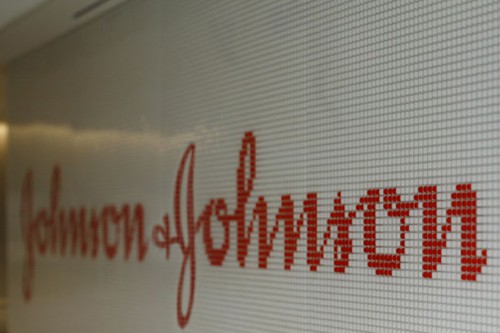
Johnson & Johnson’s oral multiple sclerosis (MS) therapy ponesimod outperformed Sanofi blockbuster Aubagio in a phase 3 comparative trial, setting up regulatory filings and a possible approval next year.
Ponesimod, a S1P receptor modulator acquired as part of J&J’s $30bn acquisition of Actelion in 2017, achieved a statistically significant 30.5% reduction in the annualised relapse rate (ARR) compared to Aubagio (teriflunomide) in patients with the relapsing form of MS.
J&J said in July that the trial had hit its primary endpoints and most of the secondary outcome measures in the trial – called OPTIMUM – but has just presented the actual data at the ECTRIMS conference in Stockholm.
Ponesimod also did significantly better than Sanofi’s drug on fatigue scores, MRI assessments of the number of active lesions in the brain, and the time to confirmed disability accumulation (CDA), a measure of disease progression.
J&J says it now intends to move ahead with marketing applications for ponesimod in the US and Europe and – if approved – it will be the first direct rival to Novartis’ S1P receptor modulator franchise based on Gilenya (fingolimod) and recently-launched follow-up Mayzent (siponimod), which for now is approved for secondary progressive forms of MS only.
Revenue prospects for ponesimid are tough to predict, as it is entering an increasingly crowded market for MS therapies, with a range of blockbuster oral therapies already available including Biogen’s market-leading Tecfidera (dimethyl glutamate) and new injectables like Roche’s Ocrevus (ocrelizumab) also making strong headway in the market.
Also coming through the pipeline is Biogen’s Tecfidera follow-up diroximel fumarate (BIIB098), Novartis’ new antibody ofatumumab, and Celgene’s S1P receptor modulator ozanimod that is due for regulatory decision in the US and Europe next year.
J&J doesn’t have a strong heritage in MS, which could make it tougher to build market share. The company does however have a resurgent central nervous system (CNS) therapeutic category following the approval of Spravato (esketamine), a nasal spray for treatment-resistant depression that J&J reckons can become a $1bn product.
There is also a looming threat of generic competition to Gilenya and Tecfidera, which could make it harder for new drugs to negotiate access with payers. So far Novartis and Biogen have been able to defend their patents on the drugs, but legal challenges continue.




